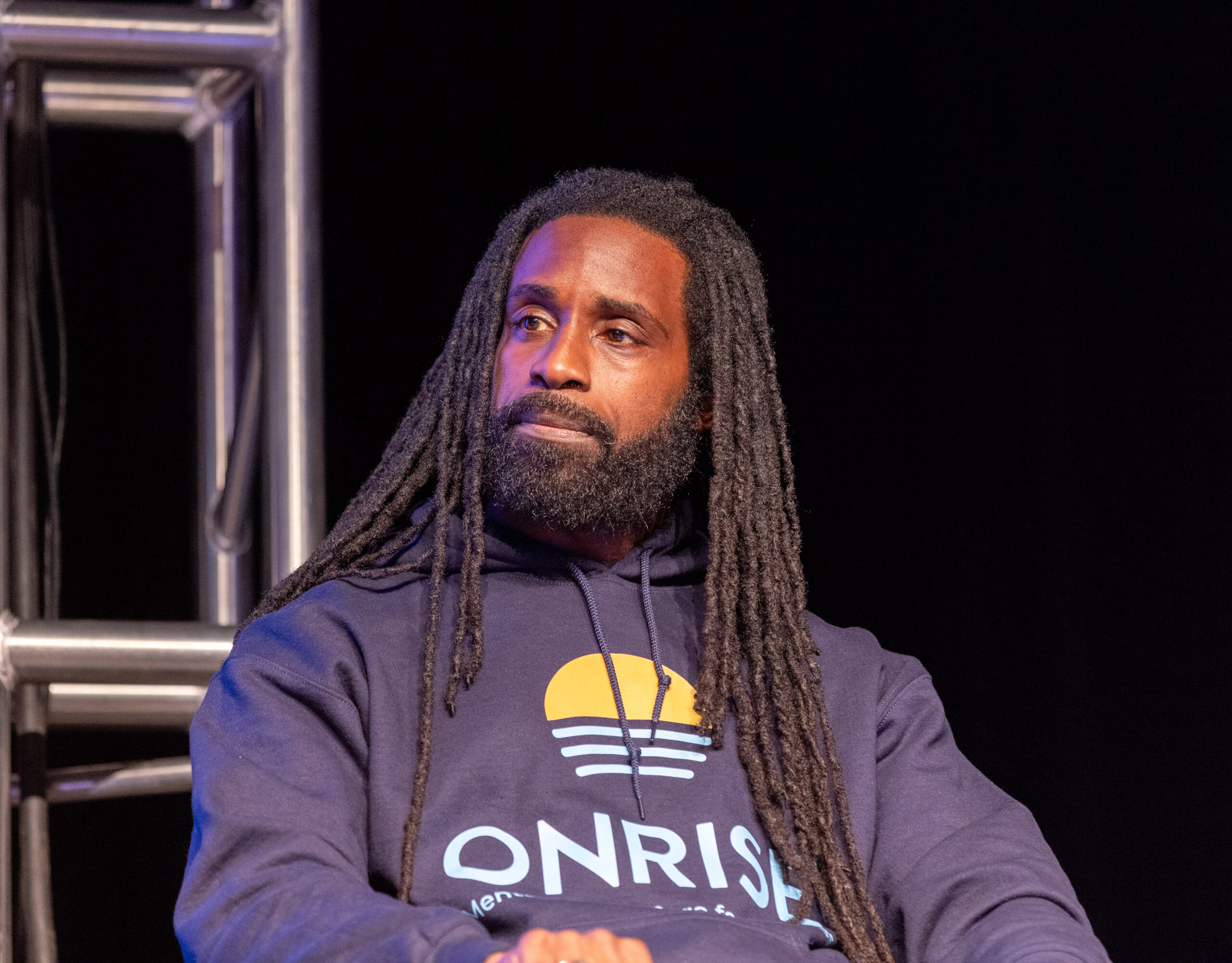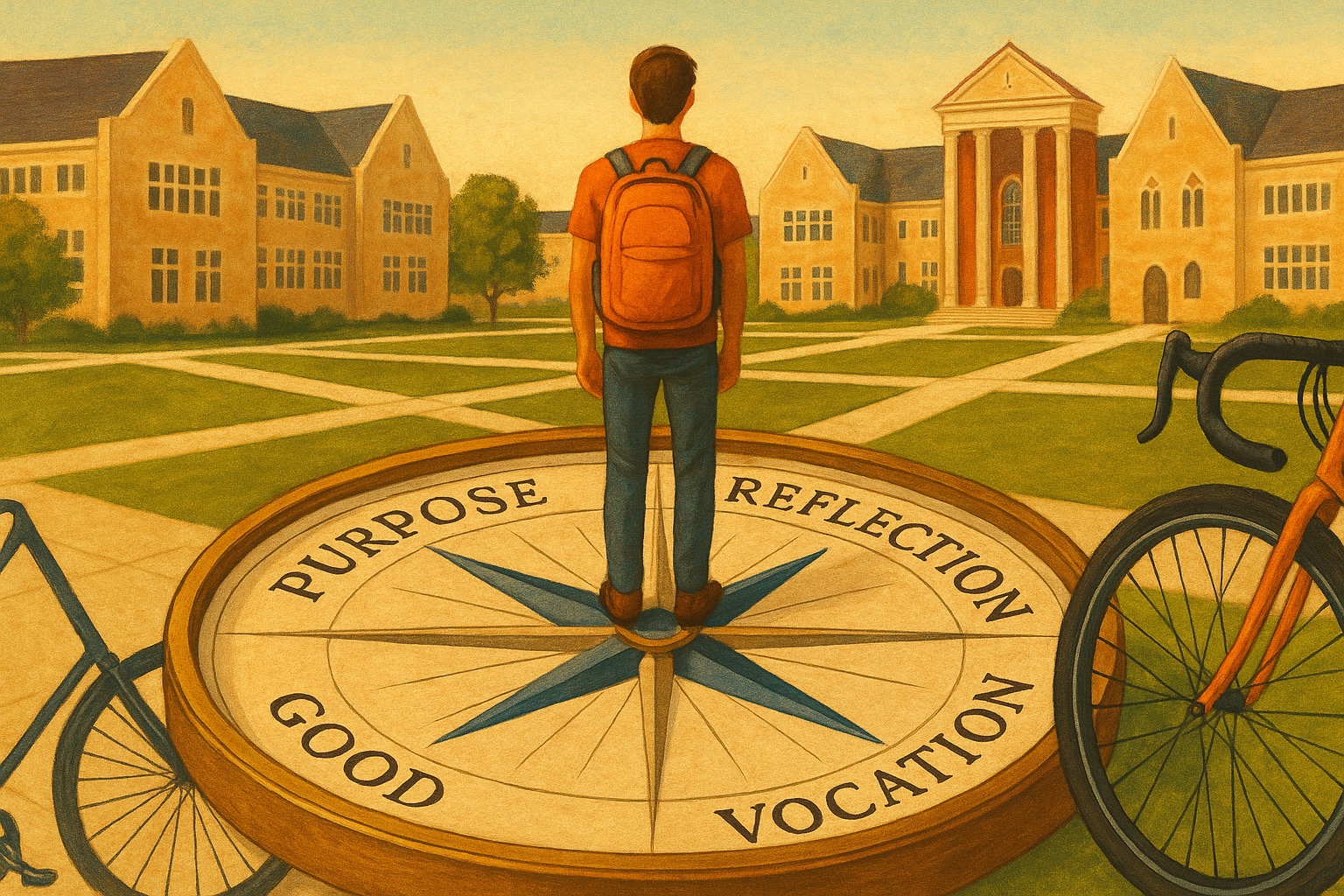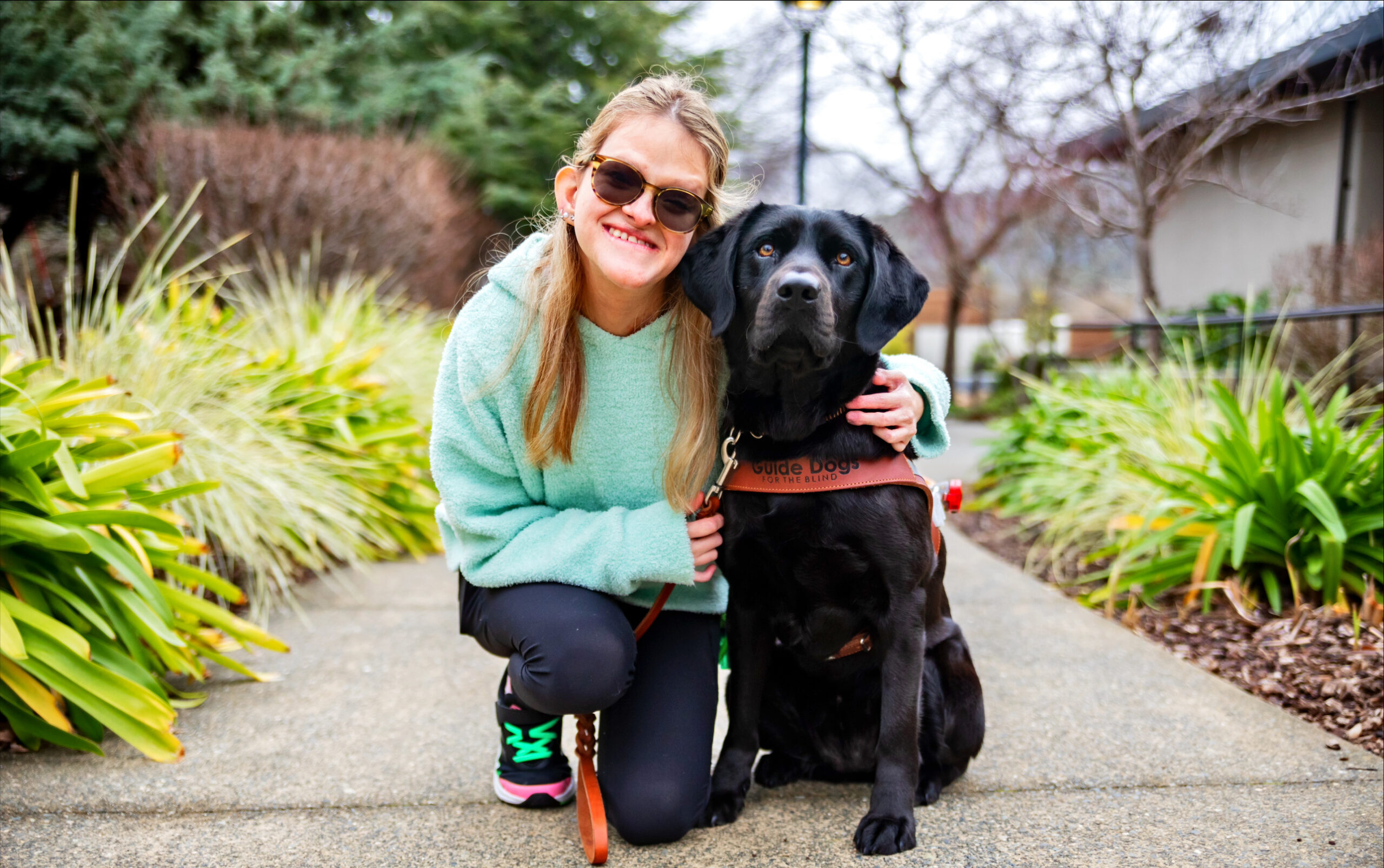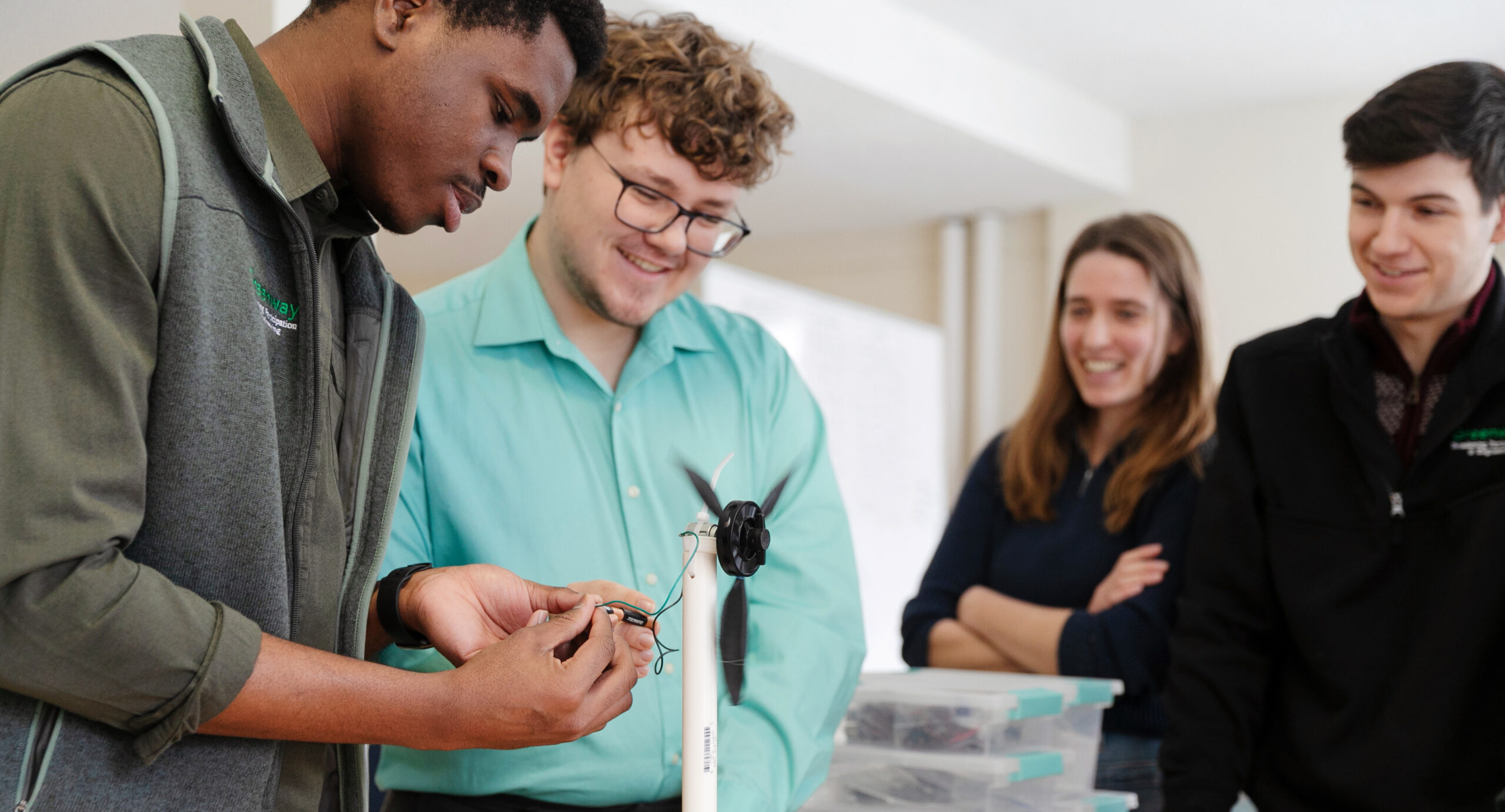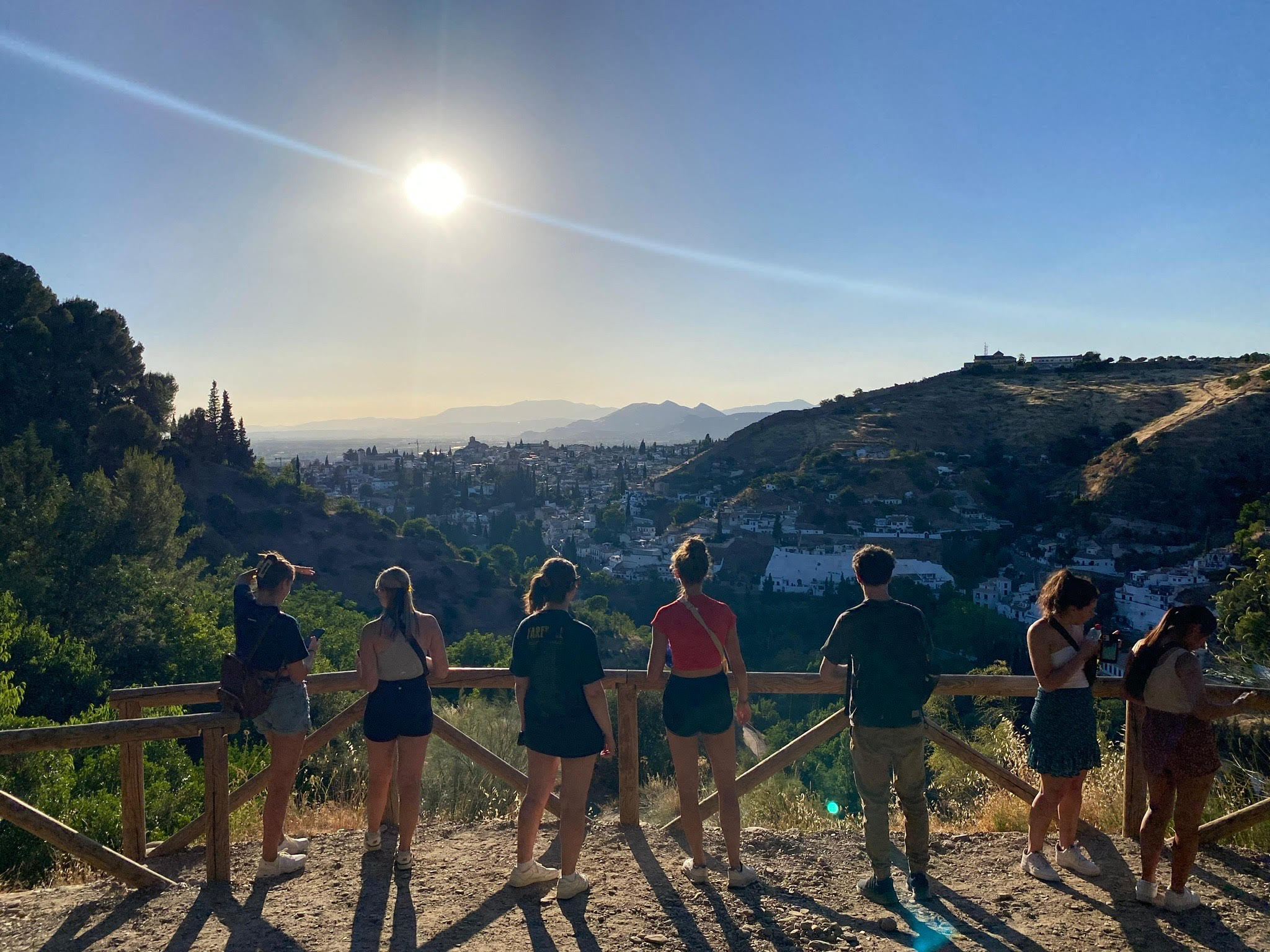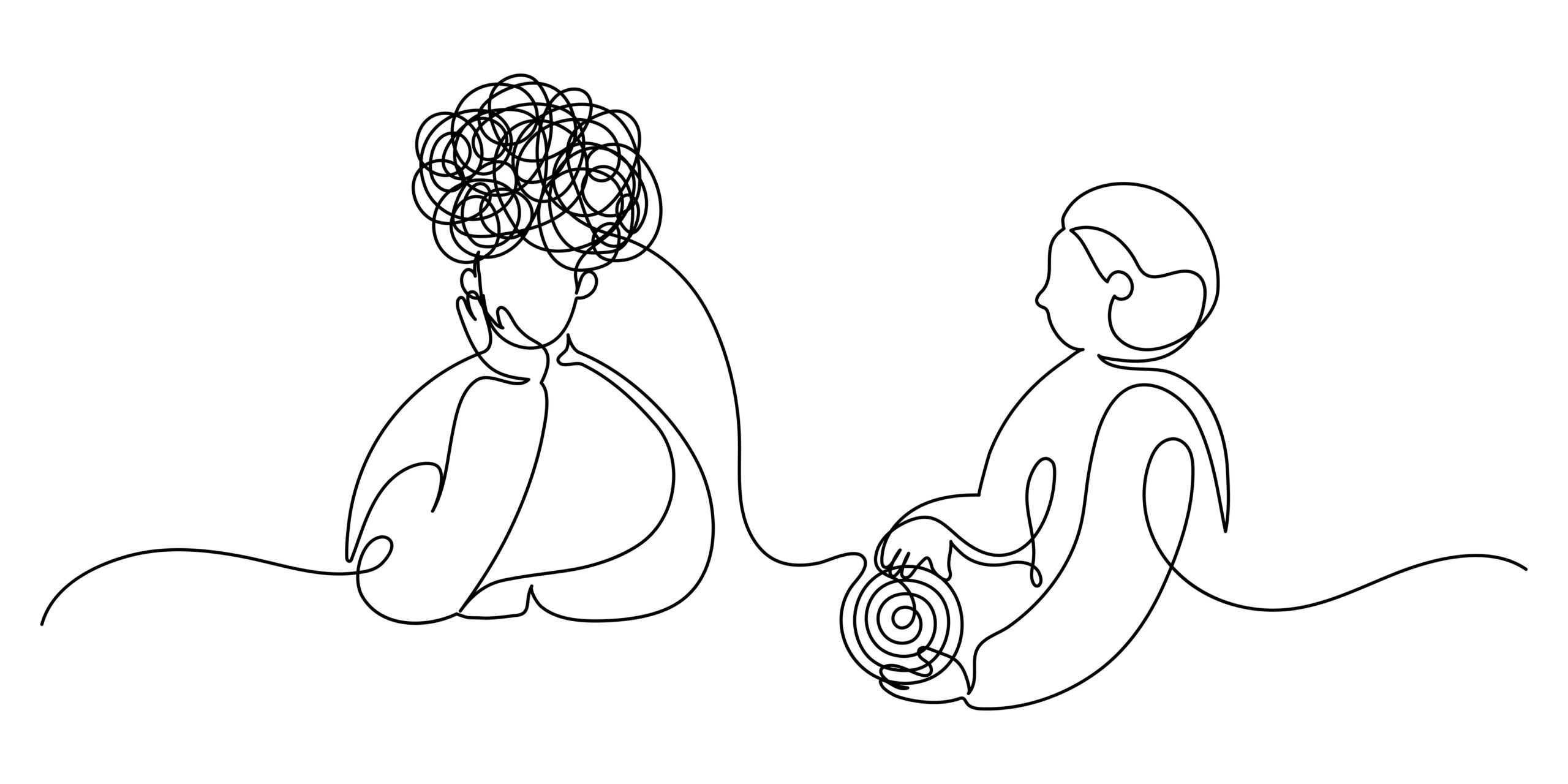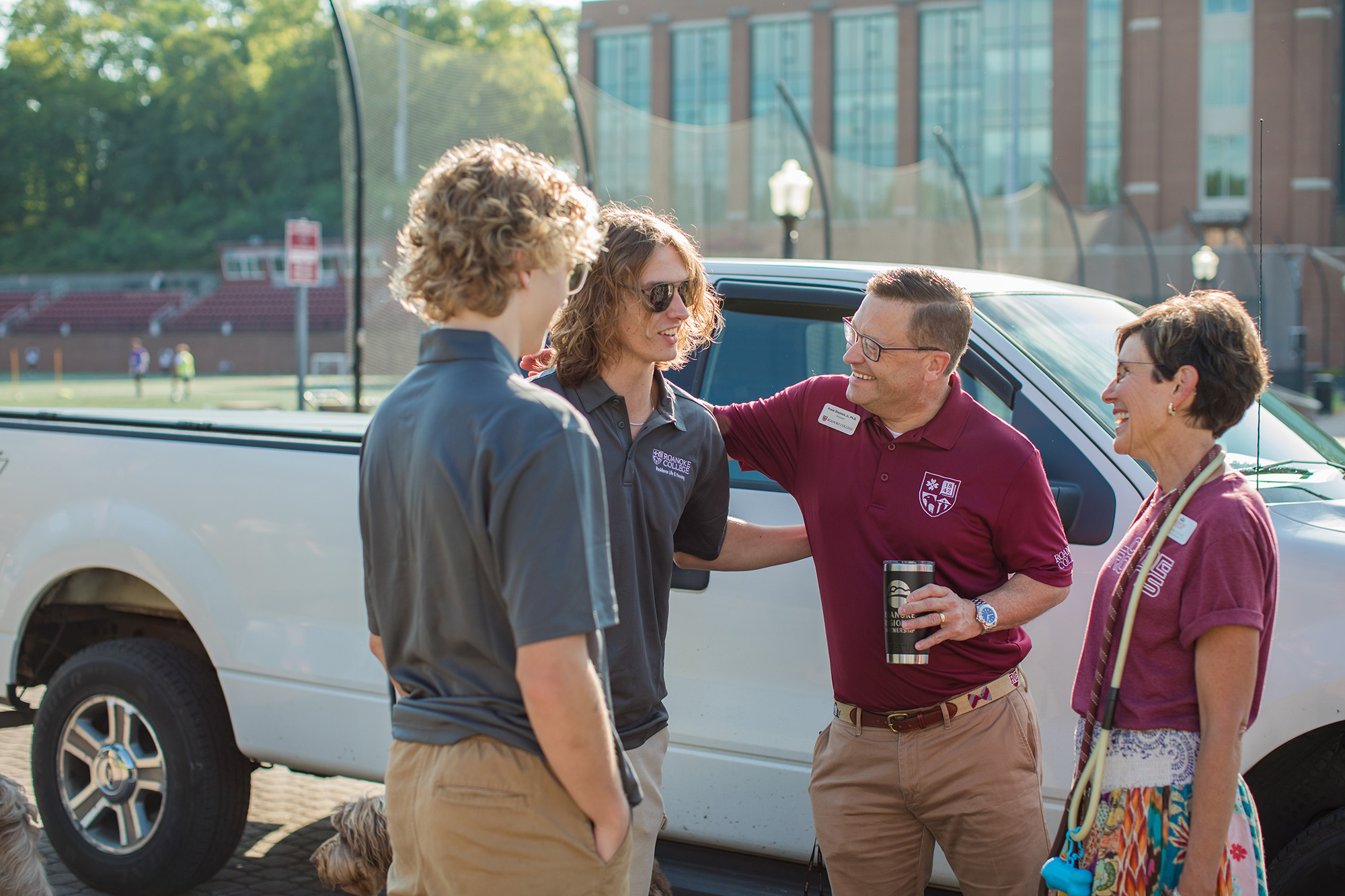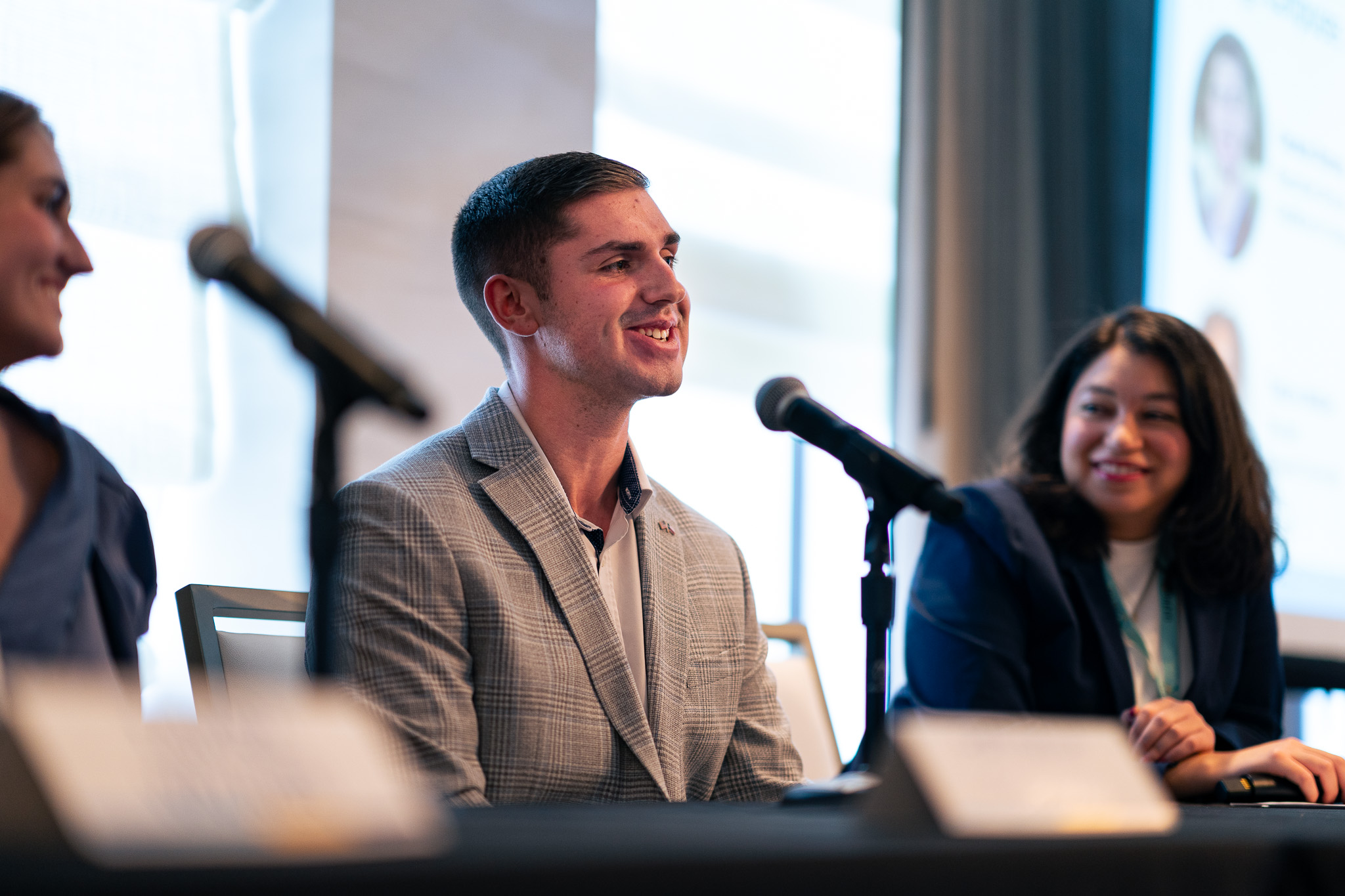When Alyssa Acompora began her career as a nurse in the intensive care unit, she threw her whole self into the job. As a former Division I swimmer at Fairfield University, that’s what she knew how to do: go all in. But unlike athletics, nursing didn’t offer external validation for her efforts, and before long, Acompora was burned out and considering leaving.
Acompora’s experience as a former collegiate athlete struggling to adjust to life after athletics isn’t unique. Many young adults who wrapped their entire lives and identities around their sport suffer as they attempt to transition to the real world. For that reason, Acompora created “Beyond the Athlete,” a counseling service aimed at helping former athletes discover their new purpose.
“I thought I could just copy and paste how I operated as an athlete,” Acompora said. “But I was burning out because they don’t give gold medals in life.”
Beyond the Athlete is one of a growing number of similar businesses, especially as athletes of all levels have started speaking up about mental health, helping move the needle in the right direction. With unique challenges, the transition period between end-of-college athletic career and real career warrants a unique solution.
“These athletes face an identity crisis, especially if their careers come to an end by force, which they usually do,” said Derrick Furlow, Jr., chief athletic officer at Onrise Mental Health Care for Athletes. “They’ve been a part of their sport for so long and usually haven’t given thought to what’s next.”
In a world where only two percent of the 460,000 N.C.A.A. athletes move on to the professional level, a sobering number of young athletes are left struggling.
“I thought I could just copy and paste how I operated as an athlete. But I was burning out because they don’t give gold medals in life.”
While some colleges are putting mental health support in place to help student-athletes adjust, many simply don’t have the resources, especially for those leaving the system. A 2022 survey from the National Association of Intercollegiate Athletics (NAIA) reveals that 90 percent of collegiate athletic directors do not feel their institutions provide adequate psychiatric support services for coaches and student-athletes.
Thankfully, former collegiate athletes are emerging to help those following in their footsteps. Their services take on different forms, but all have the same goal: to fill in the gaps that leave former student-athletes struggling as they adjust to a new world.
Transition issues
When Acompora first began her nursing career, she did everything she could to be the best version out there. No matter how hard she worked, there were no gold medals to validate that effort.
Like Acompora, understanding that life doesn’t offer external validation like athletics is something Tony Muskett has struggled with, as well. The 22-year-old recently graduated from the University of Virginia after finishing his football career there. “It used to be that when I had a big game, my social media would blow up all weekend,” he said. “Now, if I have a good day at the office, there’s no real acknowledgement. If you can’t find the internal motivation, you’ll struggle.”
Acompora turned to therapy for help but found her therapists couldn’t relate. “They don’t think in an athlete mindset,” she explained.
She kept trying, however, and eventually took some of the responsibility on herself, becoming a certified nurse coach, confidence coach, and athlete transformation coach. After eight years, Acompora began to pull out of her spin. “I began to identify patterns and habits of how I was trying to define myself,” she said. “I had to learn to internally validate myself.”
That meant identifying her core values, setting smaller goals and checkpoints, and celebrating herself along the way. This also carried over to her personal life, where Acompora learned to slow down, too. She took up yoga, surfing, and walking, defining consistency differently than she did as an athlete. “I realized I didn’t need to operate at full speed at 31 years old,” she said. “Many athletes feel like everything is a competition and that if they’re not going all out, they’re unproductive or lazy.”
Muskett, who works in commercial real estate, admitted he was ill-prepared for the real world. He had his sights set on the N.F.L. draft, but injuries his senior year forced him to start thinking differently for the first time in his life. “For 20 years, I was programmed for football,” he said. “When you think about the possibility of life after football, it’s scary.”
One reason for that, Muskett said, is that as a full-time athlete, you don’t have the time for internships and networking like other college students. Derrick Furlow said that’s a valid concern. “I was a football safety, so I was an anomaly who recognized I probably didn’t have a future at the pro-level,” he said. “I realized I needed to figure things out, so I started looking at the people around me to see who could expose me to other opportunities.”
Not everyone thinks ahead like that, however, and many get stuck in the grieving process. “For most athletes, the game comes to an end, and its often not by choice,” Furlow said. “They will grieve the game, wish they had done more, and often experience anger about it.”
Jaimel Johnson, an all-American soccer player for the University of Tennessee who went onto a professional career, now works as an athlete mental health specialist at Onrise. “There are a lot of variables when you transition from school to after,” she said. “You’re trying to separate your identity from the field and figure out your value to the world.”
The helpers
In 1991, Brian Satola graduated from the University of Virginia, where he played football. He’s also the father to two student-athletes and has borne witness to how much things have changed. “There’s so much pressure on these student-athletes today,” he said. “Back when I was in school, the final whistle blew, we dropped off resumes, and found a job. Today, athletes are occupied with their sport full time and then must compete for jobs against kids who have done multiple internships and have stacked resumes.”
During their time at school, these athletes have access to mental health resources. But when they graduate, they lose that structure. “A wall goes up and they’re left to dangle and figure it all out,” Satola said. “Colleges have limited resources to help and can’t provide the breadth of programming needed.”
For this reason, Satola recently helped found LAVA: Life After Virginia, a nonprofit dedicated to supporting U.Va. student-athletes as they navigate this transition. Working in partnership with the school and its athletic director, LAVA focuses on four key pillars: mentorship, mental wellness, alumni engagement, and career transition. “Many of these athletes don’t even know what they want to do after school, so we help pair them with alumni to get micro-internships,” he said. “We also let them hear alumni stories, so that they can understand how to launch a career.”
Satola started with a focus on the football players for now, with hopes that the model will expand to other sports at U.Va. He’s found an advocate in the coach and athletic director, who allow LAVA access to the student-athletes. “Without their support, the program doesn’t succeed,” he said. “The coach is a realist and understands the importance of mentorship and guidance for the players, and we begin offering that support from the start of the recruiting process.”
Johnson would like to see these conversations begin even before high school. “I think we should get to a point where we start talking about the reality of what happens after sport at the youth level,” she said.
The LAVA program models itself similarly to “4 For Forever” at the University of Notre Dame, whose intended goal is to support the student-athlete in a holistic manner, including preparing them for life after graduation. A former student-athlete created the Notre Dame program, and like U.Va., works with an external partner, called Life After Notre Dame.
It was at a LAVA event that Muskett connected with Satola and to his first real job. “I’ve learned that I can apply some of the same principles I learned as an athlete to my career,” he said.
Identifying those assets, as well as what careers might be of interest, is key. “Athletes need to identify what transferable skills they have and what jobs might be good fits for that,” Furlow explained. “What are you good at? What do you do for free time that you enjoy?”
Over their careers, these athletes have developed many transferrable skills, including time management, leadership, communication, and a hefty dose of confidence. But until someone points this out, they may not recognize how well they can apply those attributes in the real world. “We already possess the necessary skills,” said Alexis Hornbuckle, who played basketball at University of Tennessee and then won a W.N.B.A. championship with the Detroit Shock. “You’ve earned your athletic arrogance, and that comes across as confidence in a job interview. That can win in any space.”
Conversely, that confidence can sometimes prove tricky. For athletes who are used to existing at the pinnacle of sport, understanding that they won’t be starting out as C.E.O. is a necessary reality check. Beyond the Athlete, Acompora’s organization, offers former athletes one-on-one mentorships to help them strategize a path forward and soon will add a community-focused membership, too. “Our goal is to help students keep the training wheels on for a while as they transition,” she said.

Beyond the Athlete is relatively new, but in a nod to the fact that higher education is beginning to recognize the issues graduating athletes face, the organization is now an official partner of the NAIA. In this capacity, the organization provides mindset coaching, routine optimization, and identity creation. “There’s a growing recognition of the need for these services,” said Acompora. “Schools are learning that they need to care about athletes not just physically and mentally but to help them be well-rounded and prepared.”
Likewise, Onrise provides athletes with mental health specialists like Johnson, albeit in a business-to-business format. “We partner with organizations, and then the athletes can reach out to us without their coaches or anyone else knowing about it,” Furlow said.
Onrise designed this format so that athletes have no hesitation asking for help. All its athlete mentors receive training in a “transition formula” that they can use with the student-athletes. Hornbuckle is one of those mentors. “In my era, we didn’t talk about mental health,” she said. “You didn’t want to be labeled as crazy. That’s changing, but we still want student-athletes to feel safe navigating this space.”
Hornbuckle added that, as a former athlete, she understands the issues students face, and how hard the end of a playing career can be. “It took me four years to truly retire,” she said. “When I quit, I felt like I was letting people down, and that sent me into a bad spiral.”
The transition to the real world for student-athlete is highly individual, and all the newer organizations designed to help recognize that. The former student-athletes at the helm are uniquely equipped to understand the challenges the adjustment period presents.
Ultimately, no matter what supports are available to them, the student-athletes must seek out the help and put in the work for results, said Acompora. “They have to be the butterfly to my cocoon,” she said. “I can show them everything you need to transition, but they have to want it, too.”
